As Africa’s second largest oil producer behind Nigeria, Angola is heavily dependent on its oil industry, which contributes to approximately half of its gross domestic product and more than 90% of its exports.
However, the majority of Angola’s reserves and production are conventional oil resources in deep and ultra-deepwater, making the country very vulnerable to drops in the global price of oil.
Since the oil price crash in 2014, Angola’s oil output has tumbled due to natural declines of mature fields and a lack of investment in new projects.
Lack of investment in new projects
Angola’s offshore assets are costly to maintain and new reserves are expensive to explore and develop, causing the Angola state oil company Sonangol, and other international majors, to limit investment on production maintenance and the starting of new projects.
A number of marginal developments have been put on hold since 2014 due to low oil prices, as well as high costs associated with deepwater projects and uncompetitive fiscal terms.
Projects economics under current terms versus new marginal field terms

Source: Upstream Economics, GlobalData Oil and Gas
How well do you really know your competitors?
Access the most comprehensive Company Profiles on the market, powered by GlobalData. Save hours of research. Gain competitive edge.

Thank you!
Your download email will arrive shortly
Not ready to buy yet? Download a free sample
We are confident about the unique quality of our Company Profiles. However, we want you to make the most beneficial decision for your business, so we offer a free sample that you can download by submitting the below form
By GlobalDataA new licensing round upstream reforms
The government of Angola is attempting to encourage new activity to mitigate the decline of the existing fields. Introducing a new licensing round and creating an independent upstream regulator are key parts of the reforms to revive Angola’s upstream activities.
The overall efforts to reform the upstream sector and engage in negotiations with international oil companies have shown some positive effects, with several upstream projects reaching a final investment decision (FID) in 2018, or advancing towards planned FIDs in 2019 and 2020.
Angola is ready for major changes in the oil and gas sector, the latest reforms in its upstream sector look to break the dominance of Sonangol and invite collaborations in exploration and development, especially in the marginal fields. There are positive signs, with the new projects forecast to add around 0.25 million barrels per day (mmbd) by 2023, after the Angolan Oil Ministry had warned that production from existing fields would fall to around 1 mmbd by 2023.
However, despite renewed interest in exploration in Angola, the rebound of the deepwater sector needs time, with major fields historically taking at least five to 10 years to start production after discovery. In addition, further negotiations are required to stimulate investment in existing discoveries that are key to reversing the declining production in the short to medium term.


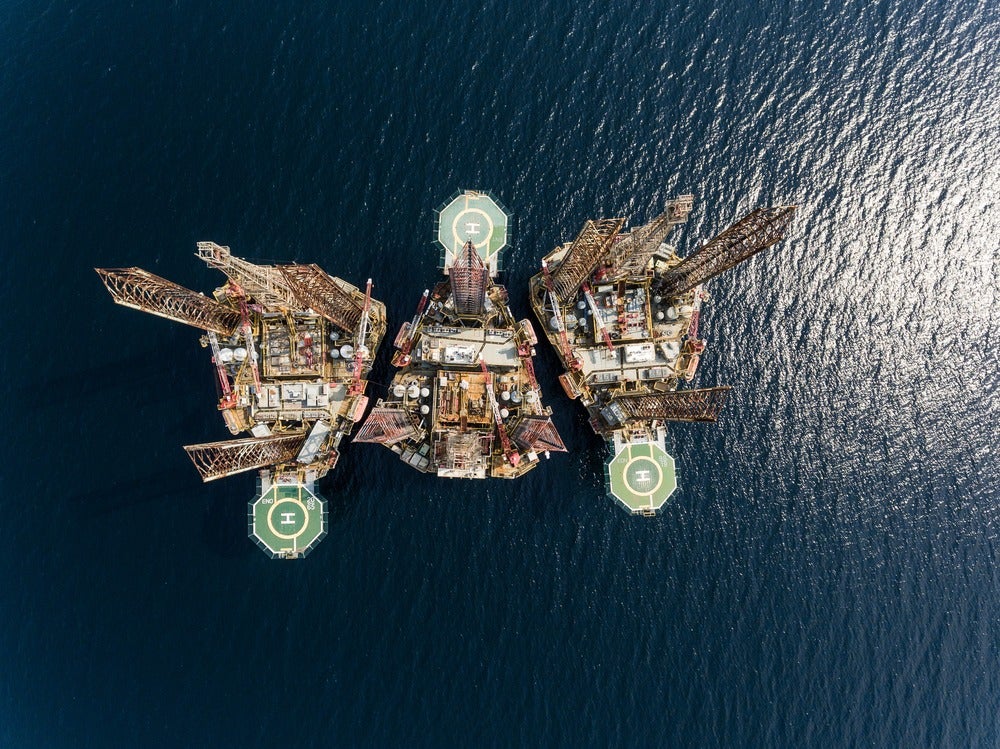


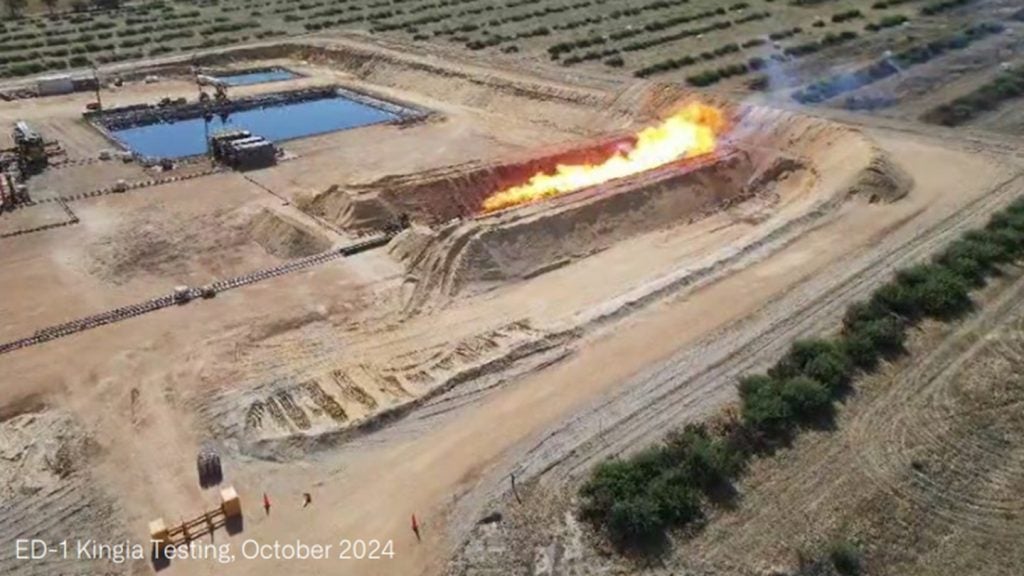
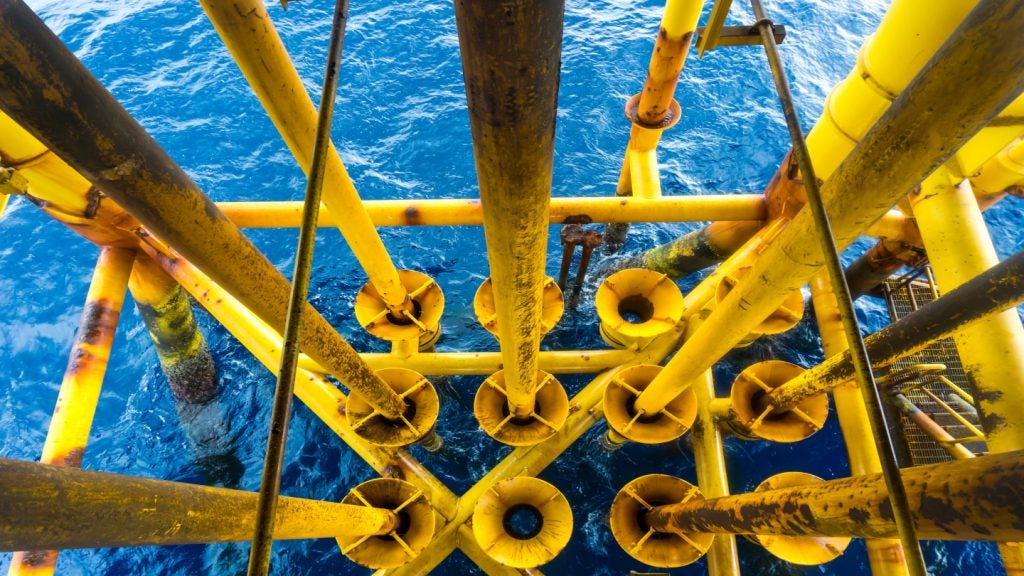
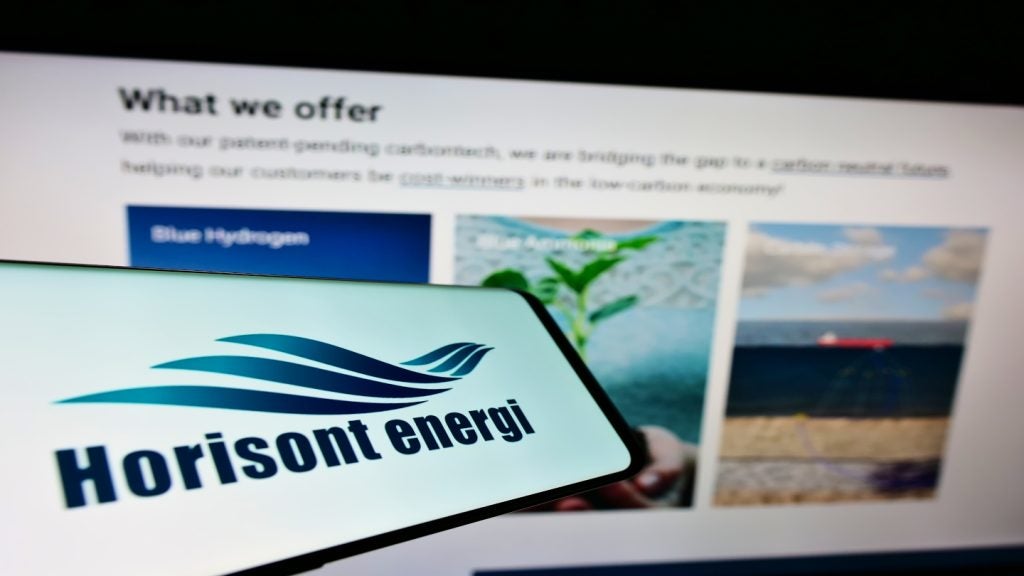
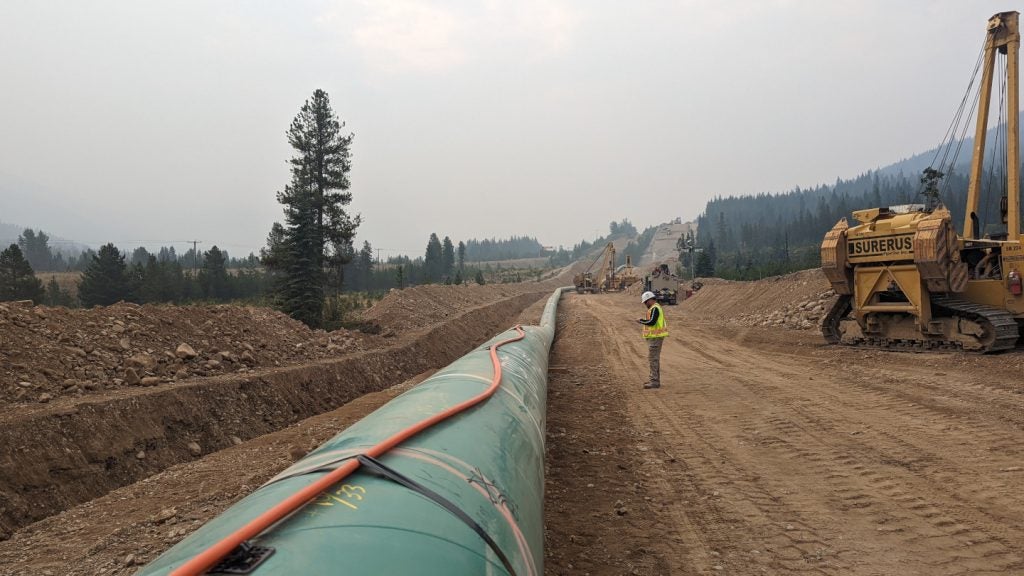

Related Company Profiles
Sonangol Ltd